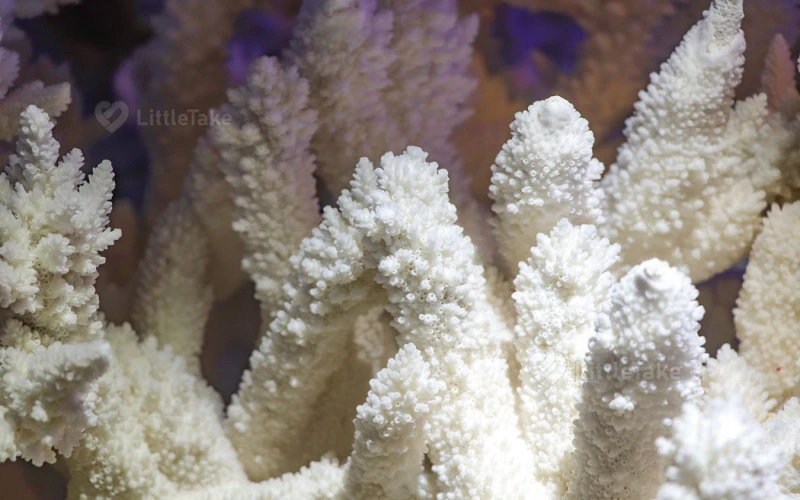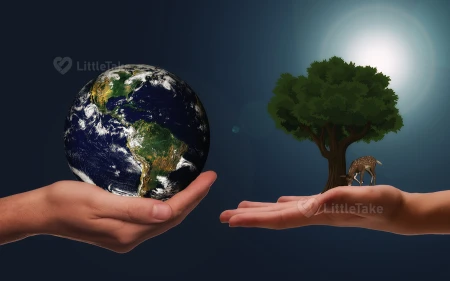
Environmental Science Basics
Environmental science is the interdisciplinary study of the natural environment and the interactions between humans and their surroundings. This article introduces some foundational concepts in environmental science, providing a basis for further study and understanding.
1. Ecosystems and Biodiversity
- An ecosystem is a community of living organisms and their physical environment, while biodiversity refers to the variety of life within an ecosystem.
- Understanding ecosystems and biodiversity is crucial for conserving natural resources and maintaining the health of our planet.
2. Pollution and Waste Management
- Pollution is the introduction of harmful substances or energy into the environment, while waste management involves the collection, transport, and disposal of waste materials.
- Studying pollution and waste management can help us develop strategies for reducing environmental degradation and promoting sustainability.
3. Climate Change and Renewable Energy
- Climate change refers to long-term changes in the Earth's climate, largely driven by human activities such as the burning of fossil fuels.
- Renewable energy sources, like solar and wind power, offer sustainable alternatives to fossil fuels and can help mitigate the effects of climate change.
- Understanding climate change and renewable energy is essential for developing solutions to global environmental challenges.













